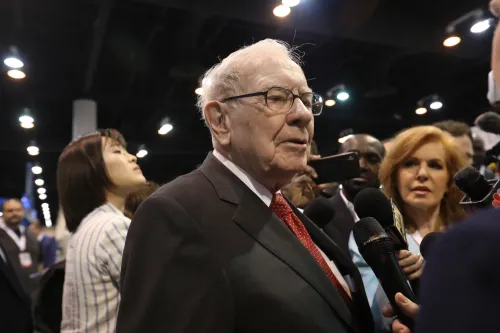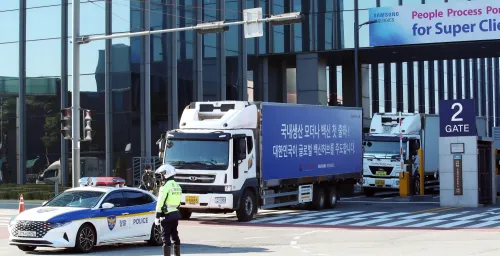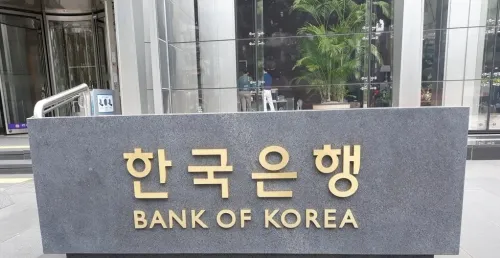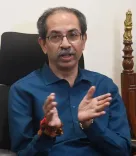Will Clarity on H-1B Visa Rules Relieve IT Stocks Pressure?
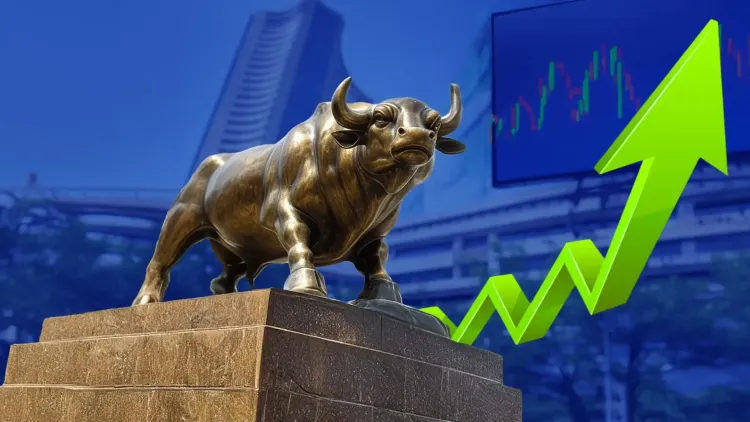
Synopsis
Key Takeaways
- US government clarifies that returning H-1B visa holders are exempt from the new fee.
- H-1B petitions filed before the fee deadline will not incur the new charge.
- IT stocks may experience a 3 to 5 percent decline but could offer buying opportunities.
- Indian IT firms are reducing their dependence on H-1B visas.
- 71 percent of H-1B holders are from India, primarily in tech roles.
New Delhi, Sep 21 (NationPress) - The recent clarification from the US government stating that visa holders returning to the country are exempt from the new $100,000 fee is expected to provide significant relief to Indian IT companies as the markets open tomorrow, analysts highlighted on Sunday.
The government also clarified that H-1B petitions submitted prior to the September 21 fee deadline will not be subject to the new charge.
Analysts predict that while IT stocks may see a decrease of 3 to 5 percent, this decline will not be critical, as companies now have the option to explore alternatives like relocating employees to Canada or Mexico.
They indicated that stocks experiencing a drop of 15 to 25 percent in the upcoming weeks could represent a long-term buying opportunity, suggesting that a 3–5 percent decline should be dismissed. It is anticipated that IT stocks may underperform until trade negotiations yield a constructive solution.
Moreover, data from industry associations reveal that Indian IT firms are progressively reducing their reliance on H-1B visas. Approximately 20 percent of their workforce operates on-site in the US, with a significant portion hired locally, while only 20–30 percent of those are on H-1B visas, according to various reports.
Additionally, H-1B visa applications have decreased from 42,671 in 2017 to 20,870 in 2024.
The Nifty IT index has witnessed a decline of around 16 percent year-to-date, contrasting with the Nifty 50, which has grown by about 7.1 percent. Major losers include HCL Technologies, TCS, and Infosys, each experiencing declines exceeding 28 percent.
US Commerce Secretary Howard Lutnick justified the new visa regulations as a corrective measure, asserting that prior employment-based visa policies enabled workers earning below-average salaries—many dependent on government assistance—to occupy positions that could have gone to American graduates.
President Trump anticipates that the revised fee-based visa program will generate over $100 billion for the US Treasury, earmarked for reducing national debt and tax cuts. Critics, however, argue that the new fee inhibits talent mobility and hampers innovation.
Approximately 71 percent of H-1B visa holders hail from India, predominantly working for technology firms such as Infosys, Wipro, Cognizant, and Tata Consultancy Services.

